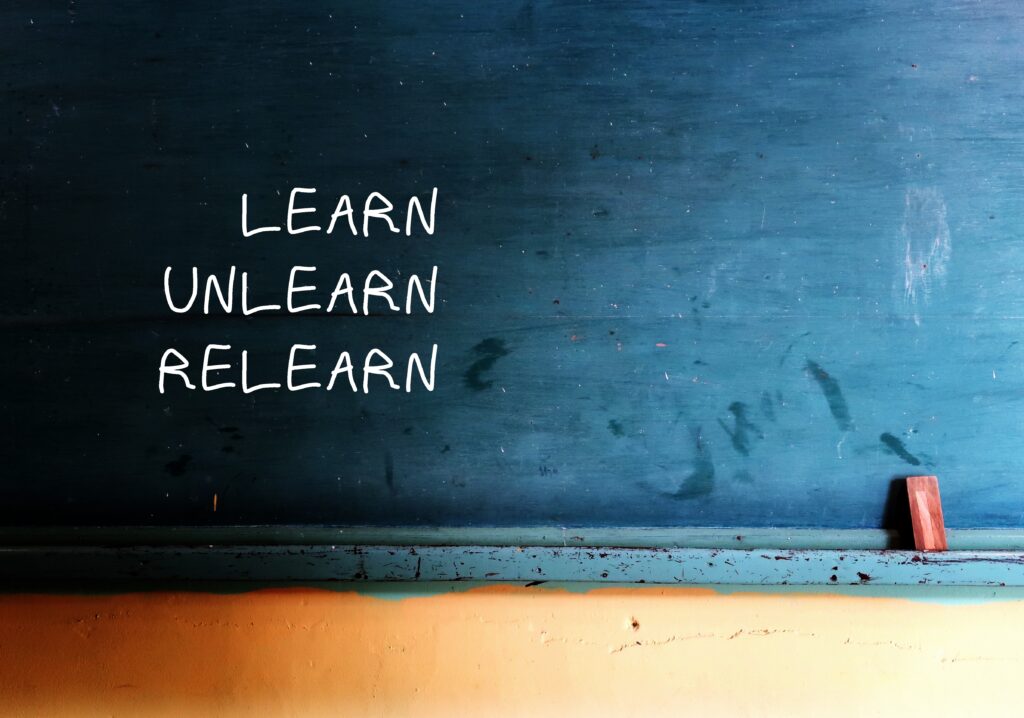
Traditional schooling aims to provide a well rounded education so that every student is ready for the workforce…
But is this system flawed? Does it actually achieve its intended goal?
In this article we will discuss the pros and cons of the traditional education model.
The traditional education school model is quite simply flawed, especially in the United States. Other school systems like the Japanese and Finland models are more successful versions, but still have their flaws. Let’s dive into some of the issues with the traditional education structure.
TAKEAWAYS
• Traditional education model is flawed
• Standardized tests don’t actually measure skill sets
• Traditional model’s main benefit is the structure it provides
• Japan and Finland’s models are not great but better than American models
ONE SIZE DOES NOT FIT ALL
Traditional schooling is structured to ensure students are taught a wide range of topics, so that they are well rounded.
However this model is so focused on providing a well rounded education, that it ultimately fails at catering to the skills and passions of each student.
There’s a saying that goes “Would you rather be a jack of all trades, or a master of one?”
Unfortunately, after graduation, most students end up as a jack of NO trades and a master of NONE.

CONTENT ISN’T RELEVANT
Instead of being taught lifelong practical skills, students are being forced to study meaningless topics that they could just learn by a quick google search.
This model doesn’t allow for students to specialize in anything at all, nor pursue any personal curiosities.
All it does is churn out more unmotivated and under-skilled employees to enter the workforce.
Not everyone needs to memorize calculus equations in their life. That is an indisputable fact.

RUINS THE EXPERIENCE OF LEARNING
Learning is a lifelong process. For someone like me, I absolutely LOVE learning new skills, new languages, anything new really.
But the time I spent learning material in high school and college, were some of the most miserable years of my life
How can we put aspiring musicians, engineers, artists, etc, in the same classroom to learn “one size fits all” content, and then expect them to come back and be excited to learn?
This only leads to a lack of enthusiasm in learning, which is a TERRIBLE trait to develop at an early age.

CREATES “BUMS”
If you’ve read our other article on Why Lazy Students Are Not “Bad” Students, you know that many young people are cast aside as delinquents simply because they have no motivation to succeed in school.
Rather than force these kids to sit through trigonometry lectures, we should encourage them to build upon skills they ACTUALLY want to learn.
Sites such as Udemy are honestly more valuable than a traditional classroom nowadays.

STANDARDIZED TESTS
Standardized tests do not accurately measure a student’s skillset.
They only really measure a student’s ability to memorize content.
Oftentimes, students will cram the material just to pass.
In doing so, they’re pulling all-nighters, consuming unhealthy amounts of caffeine, maybe even taking pills that enhance focus, all just to pass a meaningless test.
Rather than encouraging students to be excited about putting the skills they’ve learned into practice, these tests only fill them with stress and dread.
There are no tests in life. There are only problems to solve, and a variety of ways to solve them. This should be a fun process, not a miserable one.

WHAT ARE THE PROS OF TRADITIONAL SCHOOLING?
Alright we’ve discussed enough flaws, but what about the pros?
Are there any reasons at all why the traditional approach to education is actually beneficial? Well, there’s a few to acknowledge…
YOU TASTE EVERYTHING
If you haven’t already, check out this article on How to Figure Out Your Life.
One of the many points made in that article is that you HAVE to taste everything.
How will you know whether you enjoy something or not if you haven’t ventured out and learned about new things?
That is exactly what the traditional model aims to achieve; to provide a well-rounded education that allows students to go in any direction they’d like.
However, another point made in that same article regarding the process of “tasting things”, is that quitting is OK.
The second you find yourself losing interest in something, you should be allowed to walk away and pursue something else that really drives you.
Unfortunately, the traditional school structure doesn’t allow you to just walk out of math…trust me…I tried…

STRUCTURE AND SOCIALIZATION
Traditional education models are very streamlined and organized since your entire curriculum is pre planned.
It aims to encourage punctuality and discipline among students. This can be very beneficial for those who require structure to thrive.
In addition to this, the opportunity to be surrounded by peers your age who are on the same exact track as you, is definitely a major benefit to this system.
Arguably most of our social skills are learned through interacting with our classmates. So while the curriculum may be flawed, the education system as a whole is crucial to our development in our young lives.

CONCLUSION
Traditional schooling definitely has its flaws. There is no reason why young students feel overwhelmed and stressed by endless tests on meaningless content that will not help them in life.
They are not given opportunities to focus on specific skills that they may actually be interested in, effectively making them hate the process of learning.
The worst part is they leave the school system without any ambition to learn, let alone actual skills.
